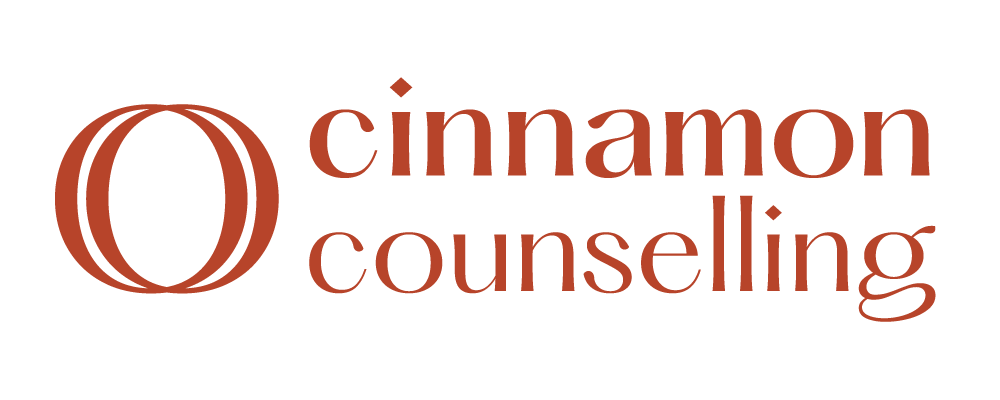when you screw up and hurt your partner: how not to fix It
Two people, a man and a woman, sit on a couch with their backs turned to each other, giving the impression of the “cold shoulder”.
I’ve noticed a trend among couples.
When one partner royally screws up – let’s say they cheat, or their porn stash is discovered, or they’ve secretly spent thousands of dollars using a joint credit card – there seem to be two main ways that partner deals with their betrayal.
Option 1: they express remorse - but they make the situation about them
“I’m so sorry! I don’t know what I was thinking! How could I have done that to you? I’m such a terrible person! How could you ever forgive someone like me? I’m awful! I need help! What happened in my childhood to make me act this way?” etc. etc. etc.
Notice a theme there? I, I, I, me, me, me. When YOU are the one they’ve hurt.
Don’t get me wrong, apologies and admitting wrongdoing are important. But that’s only the first step in repairing the massive rupture to the relationship. If these go on too long...if that person can’t stop focusing on how or why they’ve screwed up...then they are not healing the relationship. They are still focused on – guess who? Themselves! And their partner not only does not have the space to express their feelings, they continue to feel lonely and abandoned by the person who caused the devastation in the first place!
Option 2: they express remorse - and then try to find out how to make it up to you.
“I’m so, so sorry. I did a terrible thing to you, and to us. How can I fix this? What do you need from me?”
This takes a lot of courage. Facing up to your actions, admitting you’ve hurt the person you love, and accepting responsibility for making it right – that is very hard to do. (We’re seeing more and more people refuse to do that these days.)
It is terrifying to truly become aware that because of what you’ve been off doing (likely in secret), the relationship is now hanging by a thread.
Yet...it is necessary, as grueling as it may be, to have the guts and grit to assume responsibility for the damage you’ve done in your partner’s life. They may see you as the devil for a while. You must live with that. (Those words courtesy of the philosopher Alain de Botton.)
Option 1 or Option 2, what are you gonna do?
The person who chooses Option 1 is unable to face the magnitude of the pain they have caused. While they may think they’re doing the relationship a favour by navel-gazing – and yes, self-reflection and accountability are crucial parts of the process – that must not outweigh hearing and validating the other person’s pain. That is crucial for recovery. Focusing on themselves is just a way of avoiding consequences.
The person who chooses Option 2 realizes they must take action. Words will not be enough. In other words, they must be willing to listen to their partner, to empathize with their pain, and to take concrete steps toward rebuilding broken trust. That means 1) beginning to demonstrate that they are trustworthy and 2) understanding and tolerating their partner’s lack of trust and practicing patience as they work to get it back.
The person who has betrayed their partner must do what they say they will do; they must follow through on their new promises; and they must truly prioritize their partner above anything else – especially above whatever distraction it was that got them here. Words won’t mean anything; actions will.
Victor Frankl, the Holocaust survivor and psychotherapist, once wrote: “Between stimulus and response there is a space. In that space is our power to choose our response. In our response lies our growth and our freedom.”
The person that can choose to grow, to focus on their partner’s needs more than their own for the time being (for perhaps the first time ever in a relationship), is the person who stands a chance of salvaging a broken relationship. But they have to remember: dude [whatever gender you might be]...it’s not about you.
And if they are unable to choose that, then their partner will be better off with someone who can.


